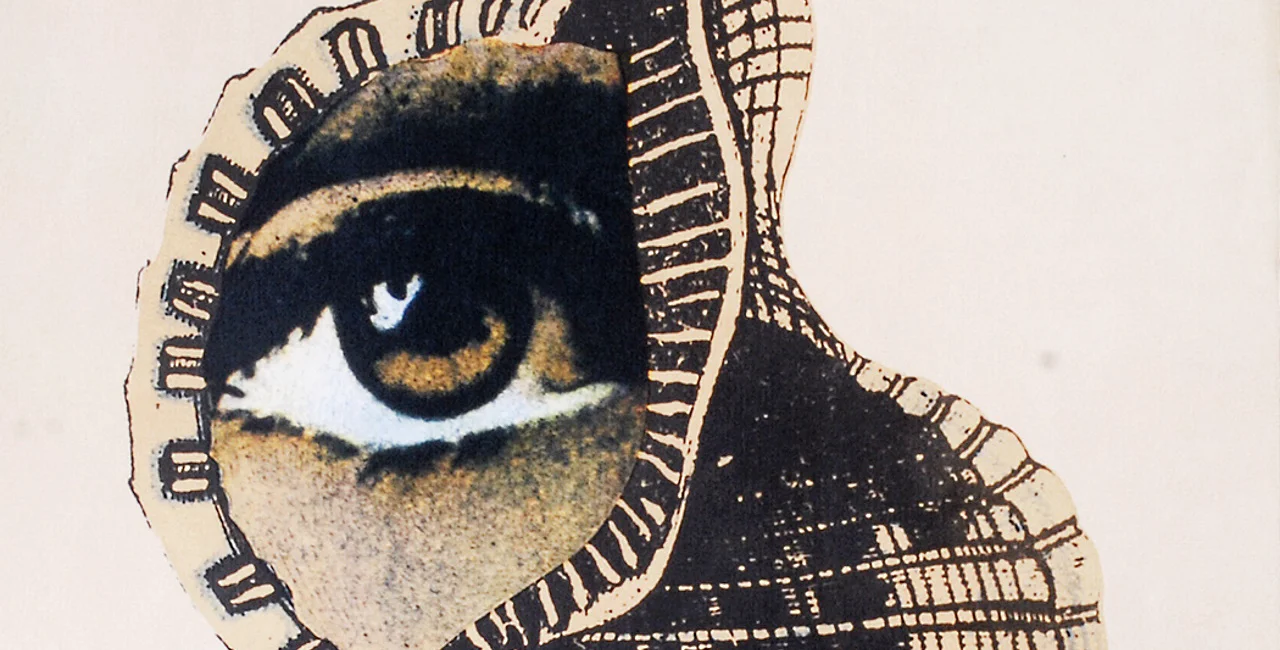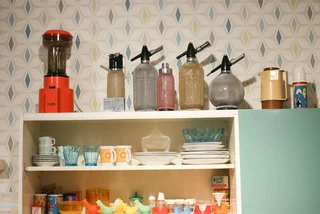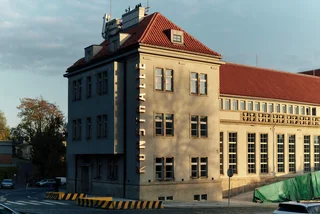Film posters from socialist-era Czechoslovakia are known worldwide as unique works of art, and since few people thought to save them, originals are quite rare. A new illustrated book looks at the posters of a single but prolific artist, Karel Vaca. Many of his over 300 designs won awards.
The book, called "Karel Vaca: Film Posters and Graphic Designs," was written and compiled by Pavel Rajčan, one of the leading experts on Czechoslovak film posters and the curator of the collection at Terry Posters (Terryho ponožky), which published the 240-page book. Texts are in both Czech and English. The book is available exclusively through the Terry Posters e-shop.
The book traces Vaca’s work from 1959, when he started to work in that field, to ’89. It includes a complete catalog of all 362 posters he designed as well as examples of some of his work in other fields such as book covers, illustrations, and set designs.
Vaca once commented on his work. “Posters are good and bad. The bad ones are usually not noticed, the good ones provoke, irritate, and thus make you think. Let’s not be angry with them when they shout at us rudely and take on a bizarre form, they do so only to appeal to us and not live in vain,’ Vaca said.
“After all, their lives are so short on billboards, although sometimes we manage to remember them for the rest of our lives. These are the ones that have fulfilled their function perfectly,” he added.
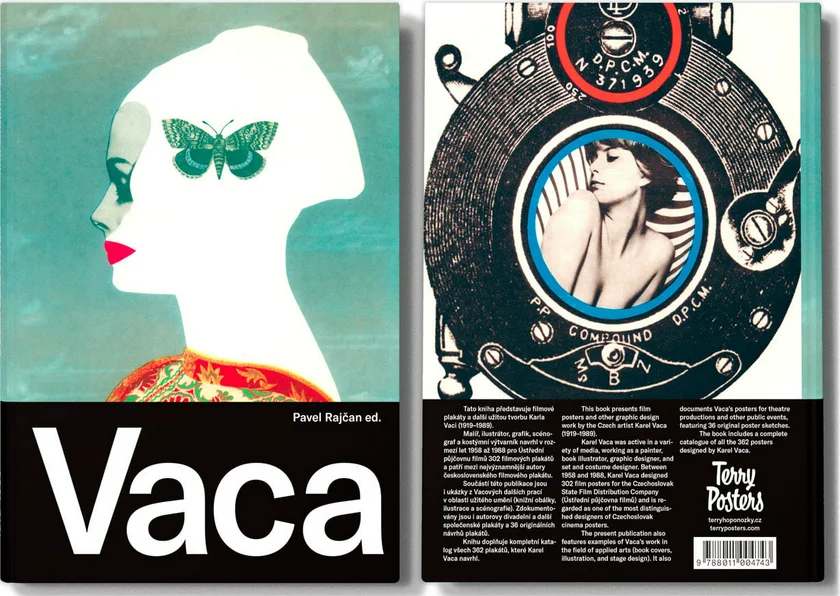
The poster designer did not live to see his works appreciated as fine art. Vaca was born on July 21, 1919, in Prostějov, and died on March 31, 1989, in Prague, just a few months before the Velvet Revolution. He studied at the Academy of Arts, Architecture and Design (UMPRUM) in Prague. His work for the Central Film Rental Prague (Ústřední půjčovnou filmů Praha) began in 1958, and he made 287 posters for the state-run company. He also designed theater and exhibition posters.
While the distributor could acquire foreign films, it seldom got the accompanying advertising material. Often, there wasn’t even a complete plot description. Poster artists were left to come up with something original that often bore little connection to the film.
“Karel Vaca is one of the most important authors of film posters, and he definitely deserves this book. In June 2009, as part of the exhibition series 'The Golden Era of Czechoslovak Film Posters', we presented a cycle of Karel Vaca's work at a solo exhibition in Prague's Světozor cinema,” book author Rajčan said.
His awards include second prize at the Karlovy Vary IFF in 1964 for the Italian classic “La Dolce Vita” and the Czechoslovak film “Accused” (Obžalovaný), a special award from Hollywood Reporter in 1977 for the Bulgarian film “Byalata odiseya,” the Grand Prize at the 1980 Chicago IFF for the Yugoslav film “National Class Category Up to 785 ccm,” and the Silver Medal at the 1984 Chicago IFF for the French comedy “For 200 Grand, You Get Nothing Now.” He also earned an honorable mention for the Most Beautiful Poster of 1988 for the Czechoslovak film “The Great Film Robbery” (Velká filmová loupež).
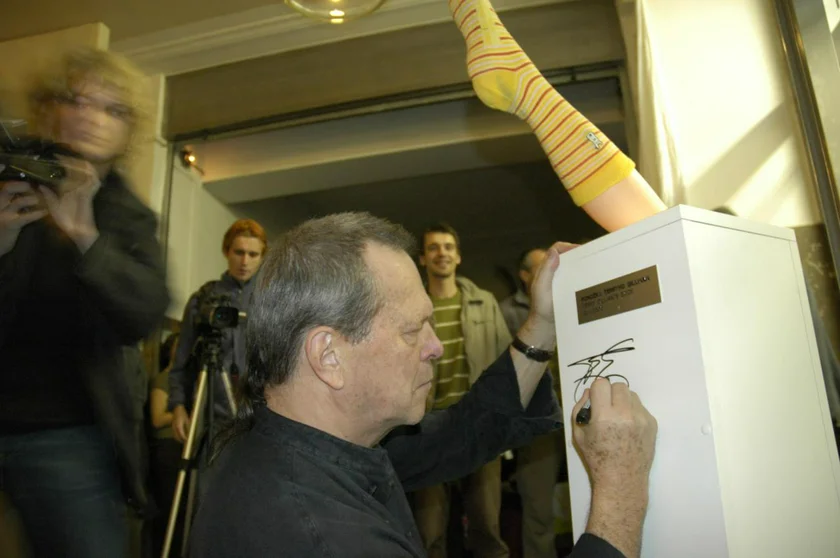
Terry Posters, known as Terryho ponožky (Terry's Socks) in Czech, opened in November 2005, with film director Terry Gilliam as its godfather. He was in Prague filming “The Brothers Grimm” at the time and he gave the owners one of his socks as a display item.
The store has since become the largest seller of film posters in the Czech Republic and also has an online database. Collection curator Rajčan is also in charge of the exhibitions in the foyer of the Světozor, Aero, and Bio Oko cinemas.












 Reading time: 3 minutes
Reading time: 3 minutes 